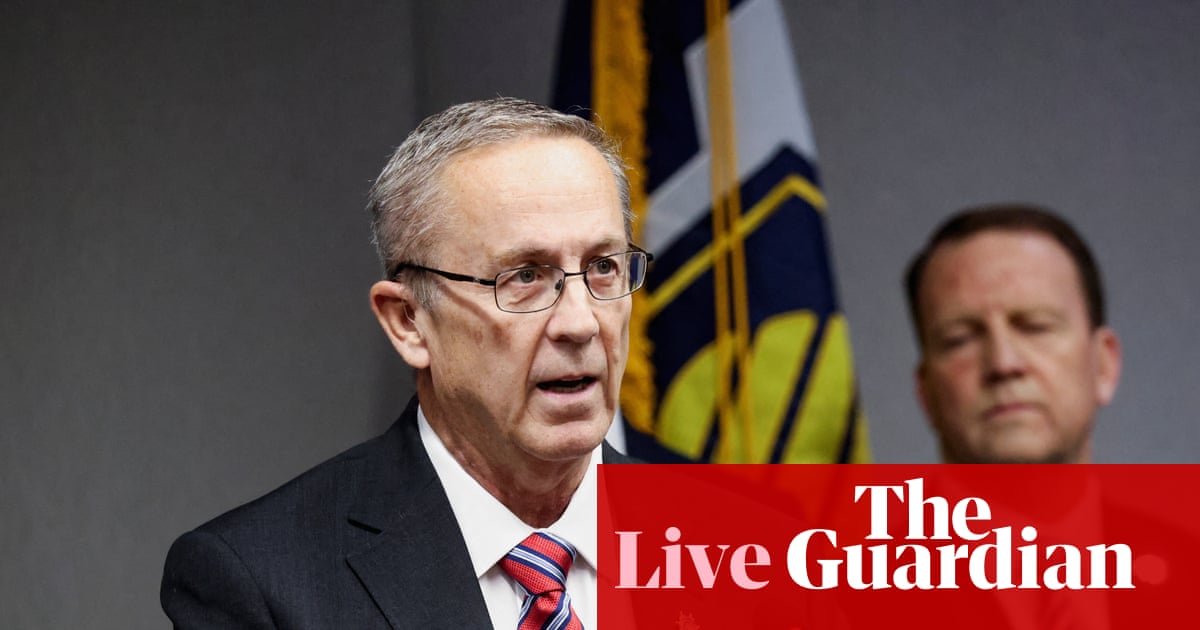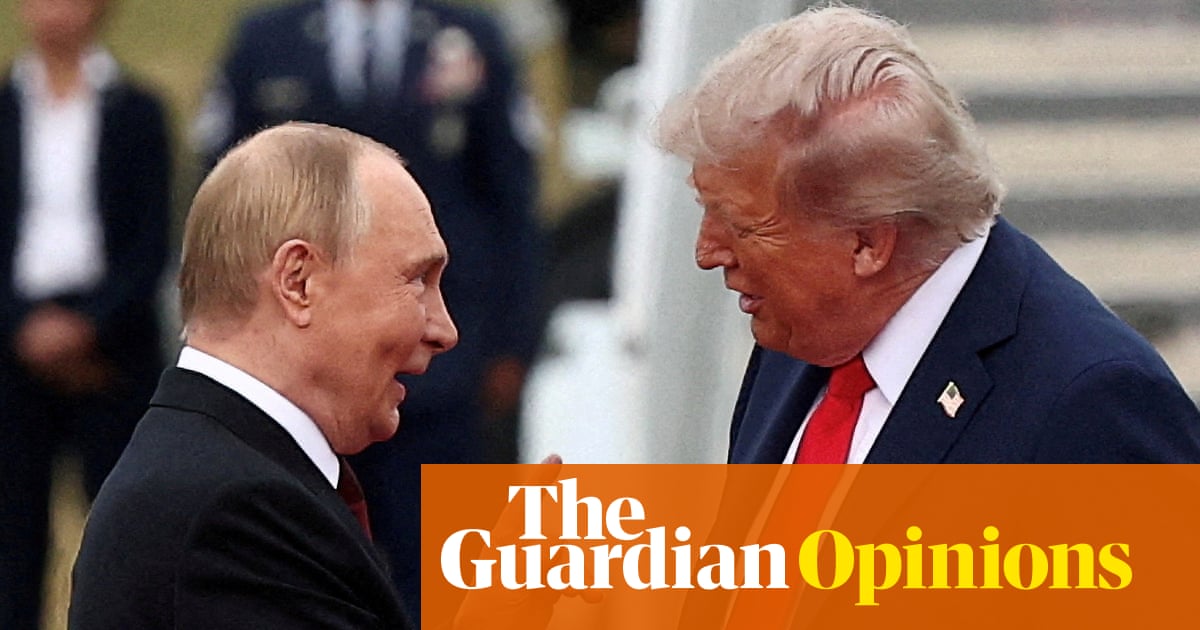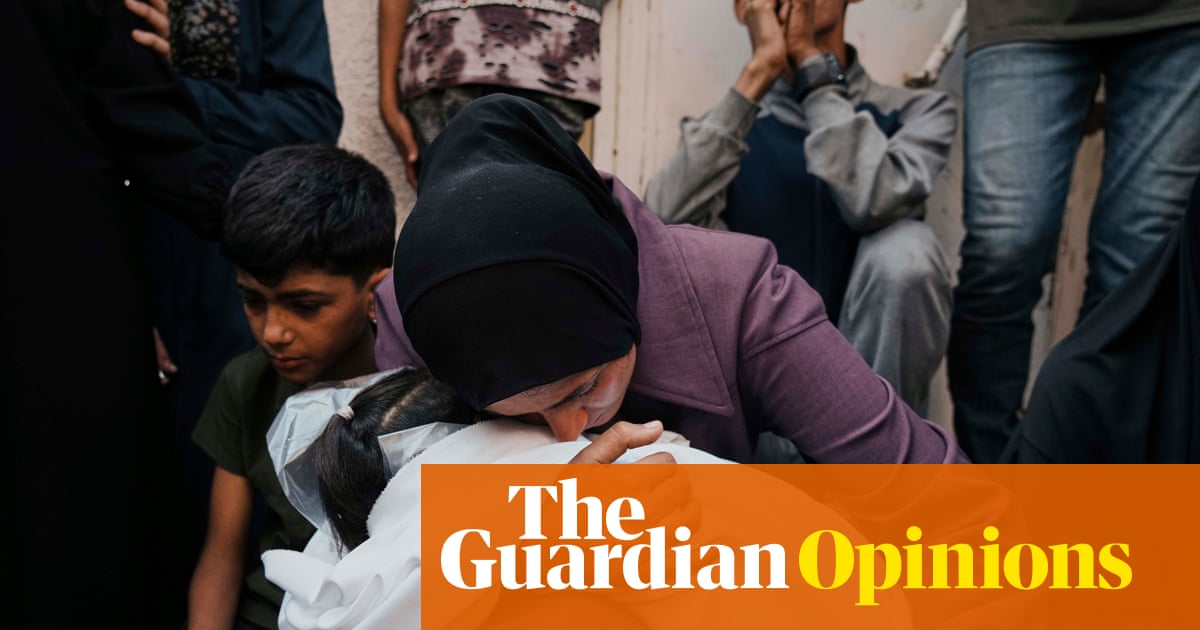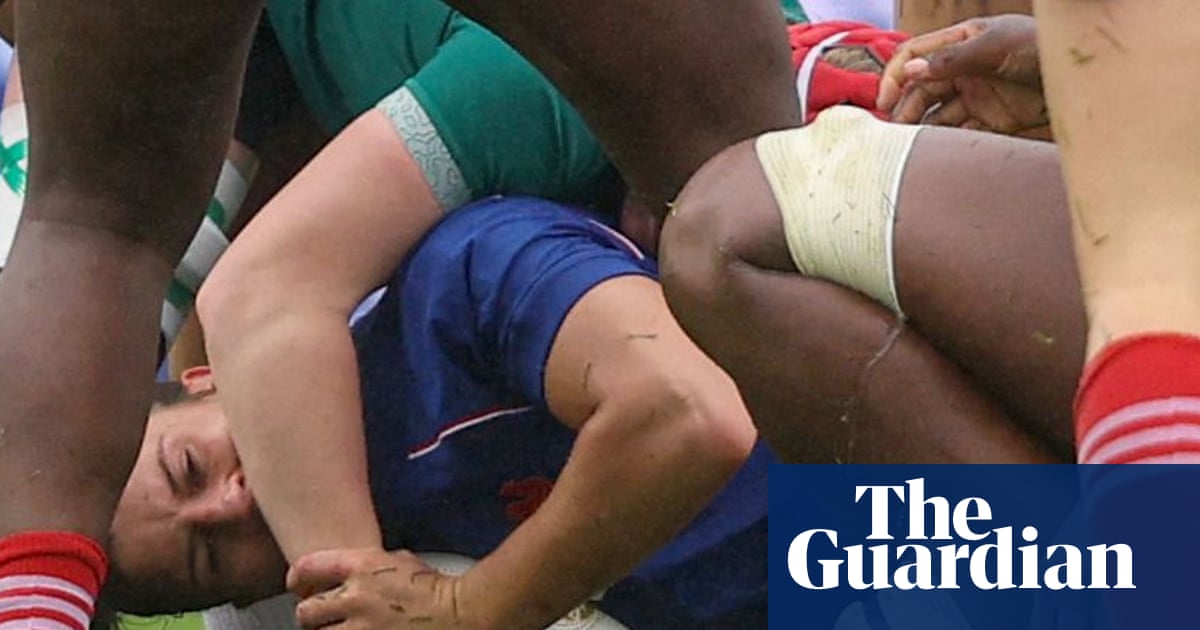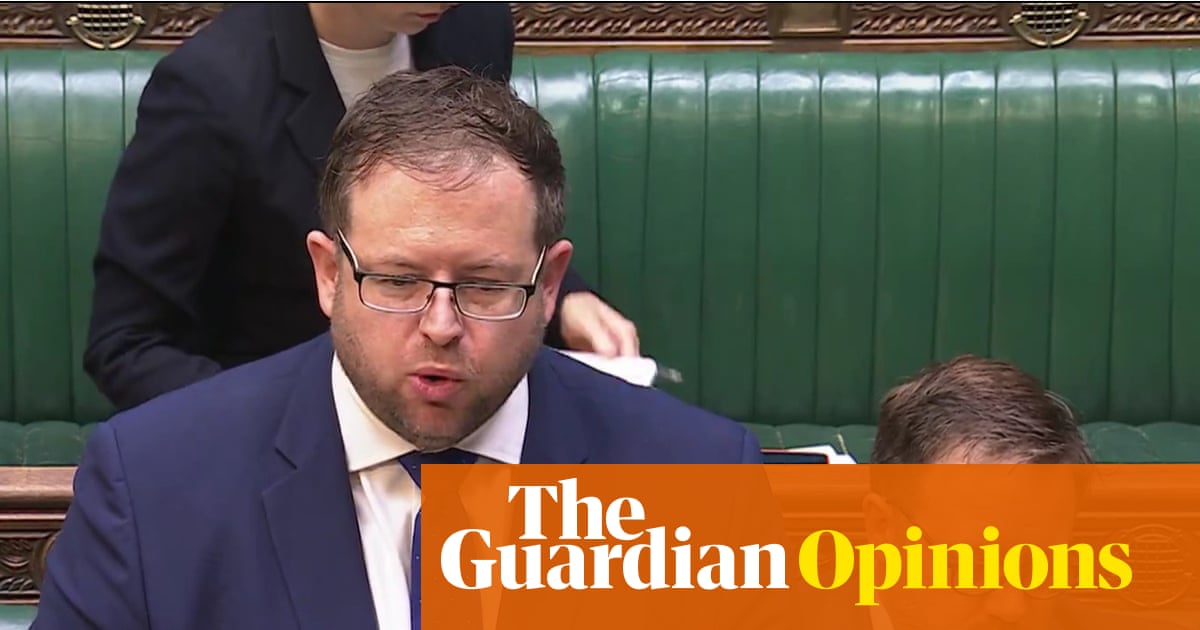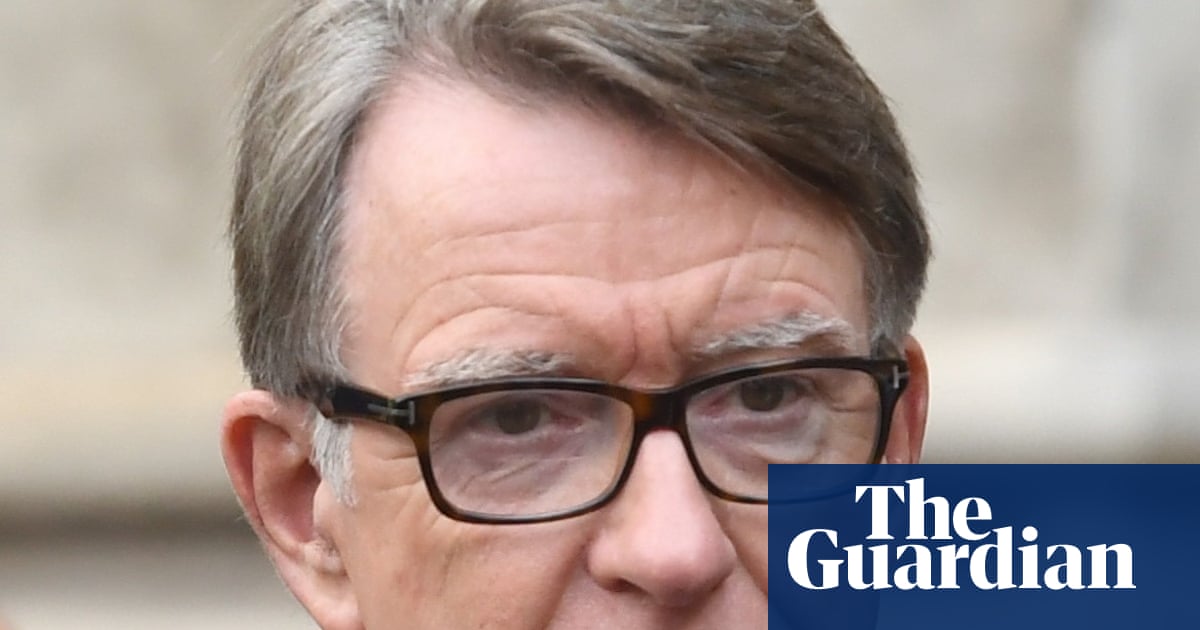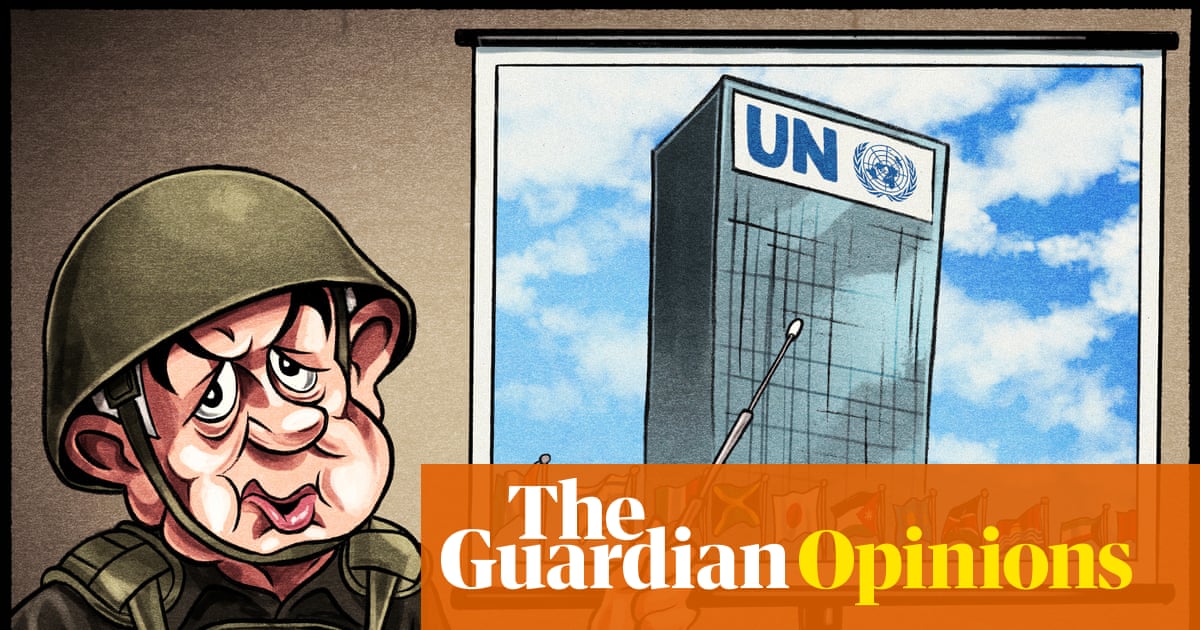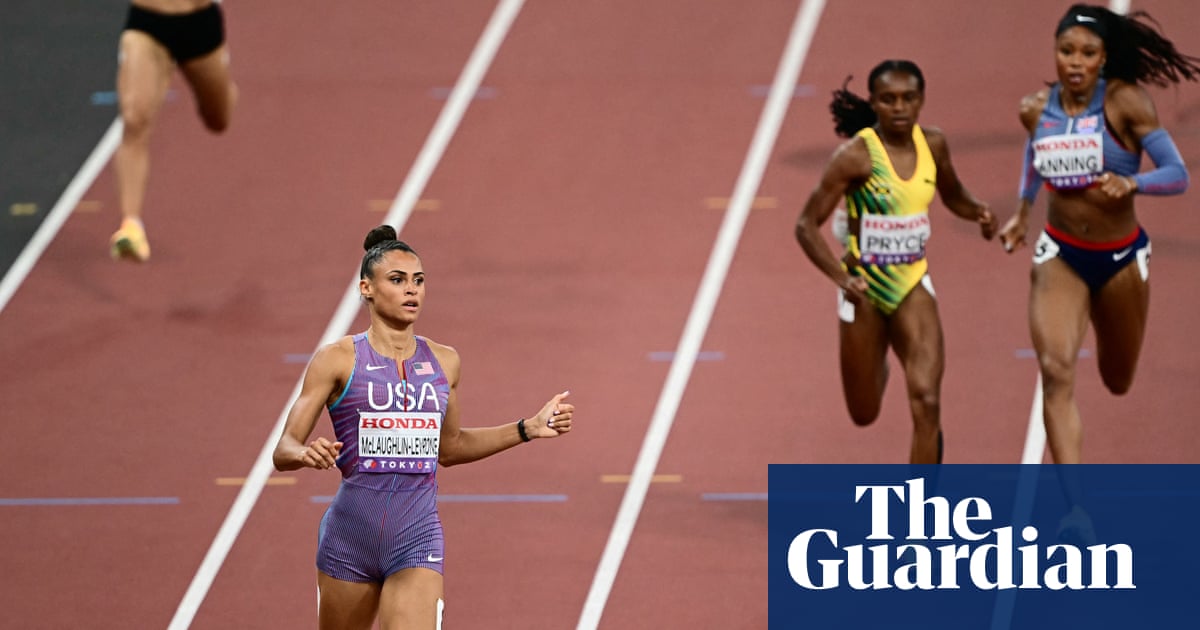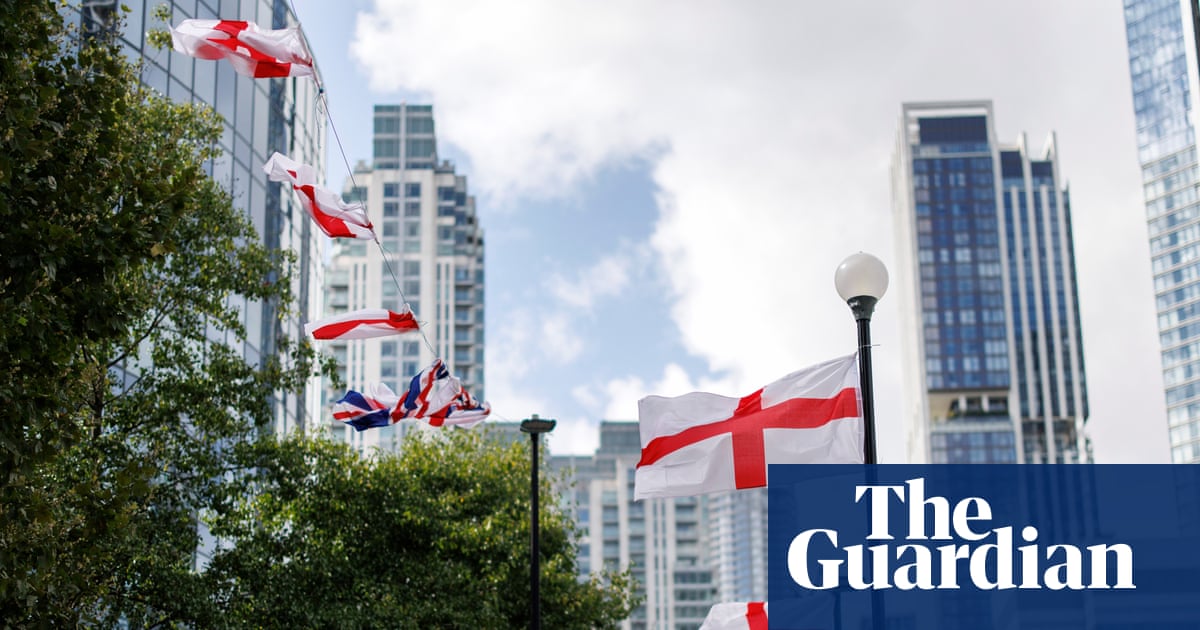The Dutch government has collapsed after the far-right leader Geert Wilders pulled his party out of the ruling coalition in a row over immigration and asylum policy.
The prime minister, Dick Schoof, on Tuesday handed in his resignation and that of his 11-month-old cabinet to King Willem-Alexander. Remaining ministers will stay on in a caretaker capacity until new elections, most likely in October.
“We have decided that there is now insufficient support for this government,” Schoof told reporters in The Hague after an emergency cabinet meeting, adding that he considered Wilders’s decision “irresponsible and unnecessary”.
Wilders, whose populist, anti-Islam Freedom party (PVV) finished as the largest in parliament in the last election, said he would “fight the coming elections to make the PVV even stronger” and “with the aim of becoming prime minister next time”.
The far-right leader had said earlier on Tuesday that all his party’s ministers would quit the government after the other three partners in the four-party coalition had rejected his radical proposals on immigration.
“I signed up for the toughest asylum policy, not the downfall of the Netherlands,” he said. He had warned last week that if his plans were not adopted, the PVV – the largest party in parliament, with 37 seats – would be “out of the cabinet”.
Wilders’ announcement followed a brief meeting of the already fractious and fragile coalition – the first to include the PVV – which consistently struggled to reach a consensus after being sworn in last July.
The coalition between the PVV, the populist Farmer-Citizen Movement (BBB), centrist New Social Contract (NSC) and liberal-conservative VVD took nearly six months to form and was repeatedly undermined by Wilders, who was not a cabinet member.
He wanted it to adopt a 10-point plan aimed at radically reducing immigration and asylum, including enlisting the army to secure and patrol the borders, turning all asylum seekers back at the border and closing refugee accommodation facilities.
Wilders also proposed sending all Syrian refugees home, suspending EU asylum quotas and banning family members joining refugees already in the country. Legal experts have said several of the proposals breached European human rights laws or the UN refugee convention, to which the Netherlands is a signatory.
Remaining coalition partners reacted with anger and disbelief to Wilders’s decision. Dilan Yeşilgöz, the VVD leader, said Schoof had appealed to the four party leaders to act responsibly before Tuesday’s meeting.
“He said we are facing enormous international challenges, we have a war on our continent, an economic crisis may be coming our way,” Yeşilgöz said, adding that she was “shocked” by Wilders’s decision, which she called “super-irresponsible”.
Yeşilgöz added of the far-right leader: “We had a rightwing majority and he lets it all go, for his ego. He’s just doing what he wants … This is making us look like fools. He’s running away, at a time of unprecedented uncertainty.”
Caroline van der Plas of the BBB said she was extremely angry, adding: “He is not putting the Netherlands first, he is putting Geert Wilders first.” Nicolien van Vroonhoven of the NSC said the move was “incredible and incomprehensible”.
The remaining coalition members could in theory have tried to stay on as a minority administration, but most favoured snap elections. “The country needs clarity and a strong government,” Yeşilgöz said. “Elections must be held soon.”
after newsletter promotion
Frans Timmermans, the leader of the main opposition Labour/Green alliance, also said fresh elections were the only serious option. “I see no other way to form a stable government,” Timmermans, a former European Commission vice-president, said.
Recent polls show the PVV has lost significant voter support since its shock election win in November 2023. The party is polling at about 20%, roughly level with the Labour/Green alliance that is currently the second-largest in parliament.
It is not the first time that Wilders – a polemicist who has spent years in opposition, has a conviction for discrimination and managed to strike a coalition deal only after abandoning his effort to become prime minister – has turned his back on power.
In 2010 he pledged support to a minority government led by the former prime minister Mark Rutte, but walked away from the confidence and supply arrangement less than two years later after a dispute over government austerity measures.
“You know that if you work with Wilders in a coalition … it won’t go well,” Rob Jetten, the leader of the opposition liberal D66 party, told the public broadcaster NOS. “If it hadn’t happened today, it would have happened sometime in the next few weeks.”
Jetten said the government had been unable to take many decisions because it was prey to too many “rows and crises”, adding that the other three coalition parties had been taken “hostage” by Wilders.

.png) 3 months ago
81
3 months ago
81




